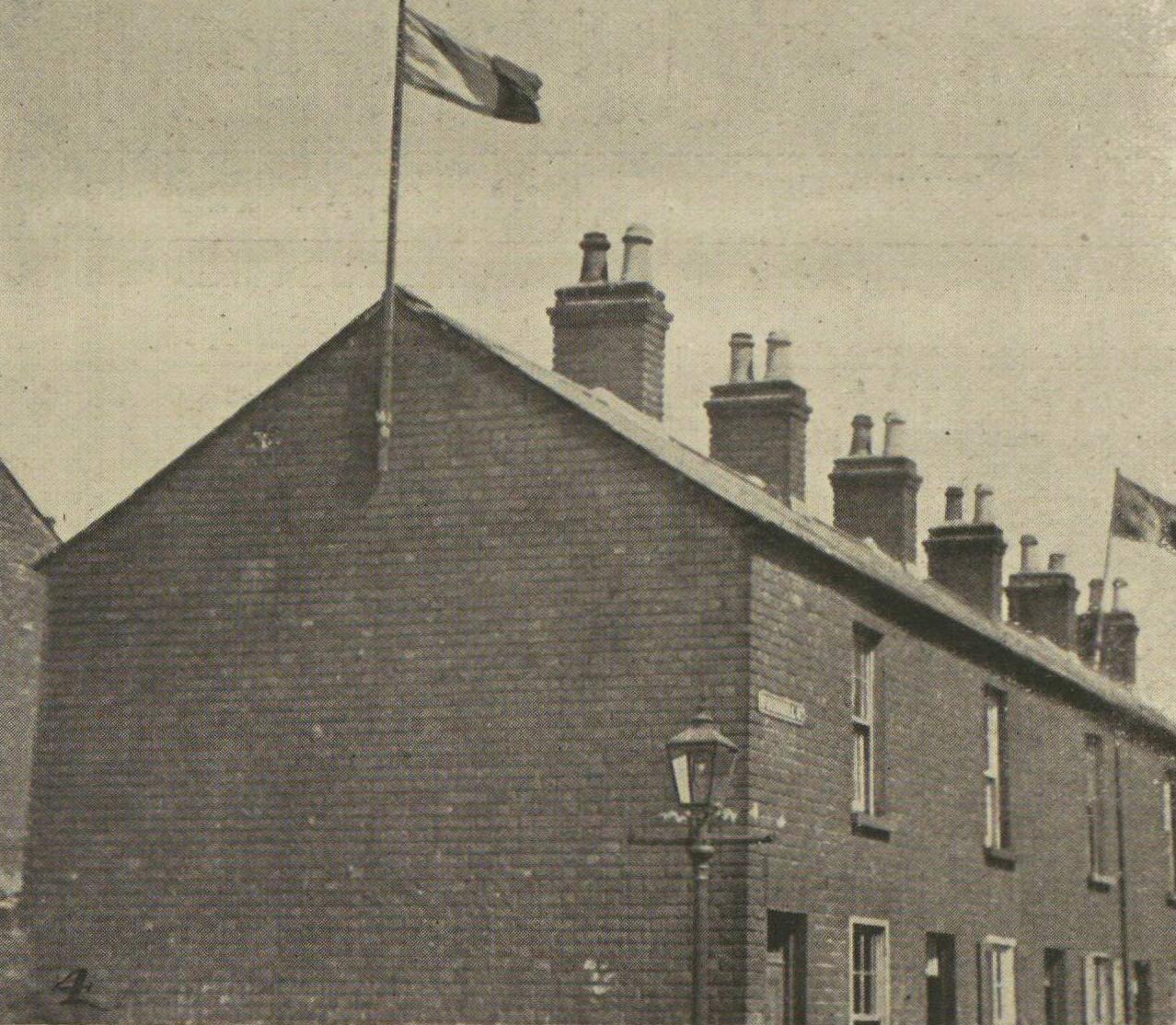Pogrom in Belfast - unionists hold meetings to support expulsion of Catholic workers
Belfast, 2 August 1920 - An estimated 5,000 catholic workmen have been driven from their places of employment in Belfast and across the north-east of Ireland. The boycott of catholics has gathered momentum with employees of various firms holding meetings where bans on ‘Sinn Féiners’ have been declared.
At a special meeting of Belfast Corporation, held to consider the present state of the city, a Sinn Féin group proposed that action be taken to secure the restoration of evicted families to their homes and the reinstatement of workers expelled from the shipyards and other industrial establishments.
This was rejected by 35 votes to five and the corporation declared that the employees could only return if and when the government took stern measures to bring justice to the ‘gangs of assassins whose atrocious crimes and blood stained record have awakened universal indignation in the entire loyalist population.’
The targeting of catholic workers in Belfast and elsewhere has been popularly endorsed at public meetings around the north-east. At a meeting held in the Orange Hall in Banbridge, for example, representatives of protestant workers in the district gathered in large numbers to pass a resolution that ‘well known members of the Sinn Féin society be excluded from all works where we are employed, and that other Roman catholics be required to sign a declaration that they do not belong to Sinn Féin and that they will not support it or sympathise with it.’
The Banbridge meeting was presided over by Councillor Samuel Crookshank and attended by protestant clergymen, some of whom asked that the meeting modify its demand; it was understood that a majority of those in attendance wished that all Roman catholic workers be dismissed, but this was considered too drastic a measure.
At a meeting organised by ‘Unionist and Protestant’ employees in Workman, Clark & Co. in Belfast, a resolution was passed committing those present not to accept ‘disloyal’ colleagues. They further stated that, with regard to all future applications, ‘we respectfully suggest that first consideration be given loyal ex-servicemen and protestant unionists’. William Barclay, a joiner, told the meeting that it was high time that the men of Belfast and Ulster took a stand for righteousness and truth. Another contributor, W. Blair, said that the battle was won and it was for the men employed there to see that ‘no Sinn Féiner came amongst them again.’
Questioned by Joseph Devlin in the House of Commons as to what the government proposed to do about this ‘conspiracy’ against catholics, specifically in relation to their expulsion on Queen’s Island in Belfast, Sir Hamar Greenwood responded that the government was powerless to compel any group of men to work with another and powerless to dictate to any employer who they could employ. Greenwood said he regretted these ‘unfortunate industrial disputes’ but didn’t know what the government could do about it.
[Editor's note: This is an article from Century Ireland, a fortnightly online newspaper, written from the perspective of a journalist 100 years ago, based on news reports of the time.]





















